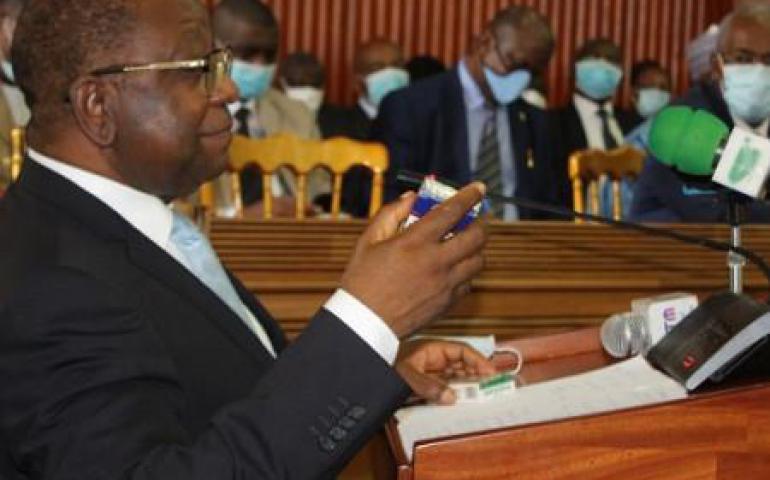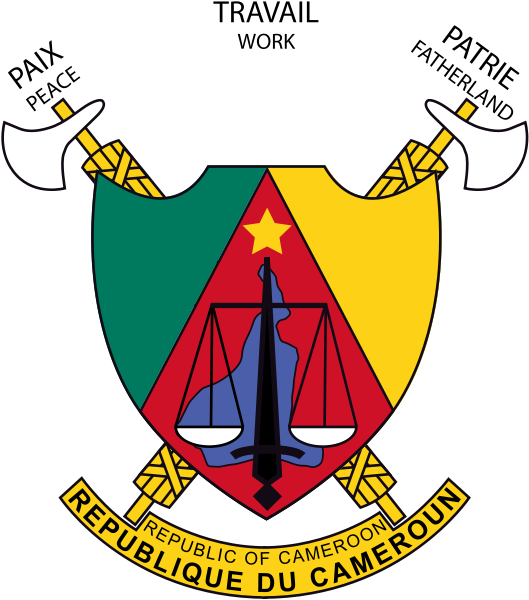
Defending the bill authorizing the president of the Republic to ratify the protocol for the elimination of illicit trade in tobacco products, the Minister of Commerce, Luc Magloire Mbarga Atangana (photo), announced on June 22 in the National Assembly that the government plans to strengthen the taxation of alcohol and tobacco in order to limit their consumer.
"If you want to combat the abuse of tobacco products, it is important to ensure that the products are no longer available and affordable. For example [for] whiskey and alcohol, we will see how we can strengthen taxation to make these products less accessible to consumers, less affordable for young people and disadvantaged people. We have to work this way, " said the Minister of trade.
Luc Magloire Mbarga Atangana thus updates an option contained in the economic and budgetary programming document 2020-2022. "In the short term, and particularly for 2020, the mobilization of customs revenues will have to be sought through : the readjustment of the rate of excise duty on products that harm health, morality and the environment (tobacco, alcohol, hydroquinone, industrial waste, vehicles, motorcycles, finished products with a high percentage of sugar), with a view to attaching their taxation to the regime defined by The New Cemac directive on the harmonisation of excise duties", may-let's read it.
In the 2020 finance law, Cameroon has indeed increased excise duties by 30% on cigars, cigarettes and other tobacco ; pipes (especially chichas) and their parts, tobacco and preparations for pipes. In 2019, the government amended excise duties on alcoholic beers by 5.5%. As a result, breweries, in turn, had increased the price of alcoholic beverages by 50 FCFA.
More information should be provided on this possible new taxation of alcohol and tobacco at the end of the budgetary policy debate (DOB). It should be held during this parliamentary session in accordance with article 11 of the law of 2018 on the financial regime of the state and other public entities. According to this article, " every year before 1 July, the government transmits to Parliament the medium-term framing documents (medium-term budgetary framework and medium-term expenditure frameworks), accompanied by a report on the macroeconomic situation and a report on the implementation of the budget for the current financial year. On the basis of these documents and reports, Parliament shall hold a budget orientation debate in open session, but without a vote ."

